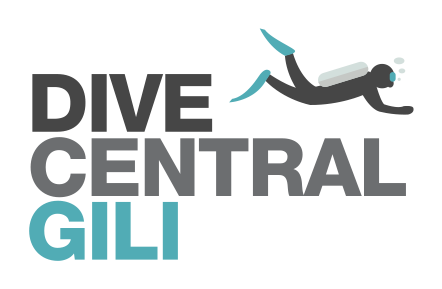4 tips in becoming a better dive buddy!
Becoming a certified diver is great, all the information your dive instructor has given you during your Open Water Course lies fresh in your memory, and with ease you plan your dive according the limits and execute the dive safely. But as time passes us divers tend to gain bad habits, or become lazy in being aware of the unexpected, because there is usually never any problems.
But getting lazy is one of the worst things you can become as a diver, because that is when the accidents happens. So to stay as safe as possible, this week we are giving you a couple of tips in how to become a better dive buddy (and a safer diver in general)!
1. Never skip the pre-dive safety check!
Making sure that all your equipment is working and that you have everything you need before taking the plunge is one of the most important and helpful habits, as you are eliminating potential problems before they've actually occurred. Follow your instructors training and work you way through the BWRAF together with you buddy. Get familiar with both your own and your buddy's equipment, to see how their clips are opening, where any dump valves are located and where the alternate air source is hanging. Having as much knowledge before hand can make any potential emergency situation easier to handle.
2. Be a good role model
Being a certified diver means that you have the knowledge and training to go diving independently with a dive buddy. But remember that even though your level of comfort is high, the person you're diving with might not feel the same way. So be sensitive to them, make sure that you're not diving in conditions that could cause stress or anxiety for any of you, and if your buddy seems to be acting in an unusual way, ask them if they are feeling ready and comfortable enough to do the dive.
Being a good role model also follows you under water. Common sense tells us that we are not allowed to touch anything under water, no matter how exciting and harmless it might seem in the moment. The bacteria on our hands often causes skin deceases on animals, and breaks coral down. So to make sure you're not making a bad impact on the underwater nature that we all love so much, keep your hands to yourself. By you respecting the underwater rules we've created, your buddy will feel much more comfortable taking the plunge with you.
3. Dive as a buddyteam
If you dive a lot with the same person, you have a great opportunity in learning to understand how our dive buddy behaves underwater. By expanding your knowledge you will automatically get more in sync with each other, and therefor more ready to handle any problems your dive buddy might encounter. So make a point of communicating with your buddy before, during and after the dive. Ask them if they have got any worries regarding the dive - for example getting water in their mask. Don't just rely on the dive guide for asking if everything is OK, or how much air your buddy has, make a point of you making sure your buddy is OK. Follow up after the dive with a small debrief, discuss any problems that might have occurred, but also talk about the good parts! Give each other feedback, to help improve for future dives.
4. Have fun!
With respect to scuba diving being a serious sport, with potential hazards, it's important to remember that as long as you are following the training your dive instructor has given you, you shouldn't worry too much during the dive. Major problems rarely occur, and the rules we follow is to prevent any "in case of" - scenarios. We dive because we love the underwater scenery, the feeling it gives us and how we share it with one another! So enjoy yourself and most importantly - HAVE FUN!



